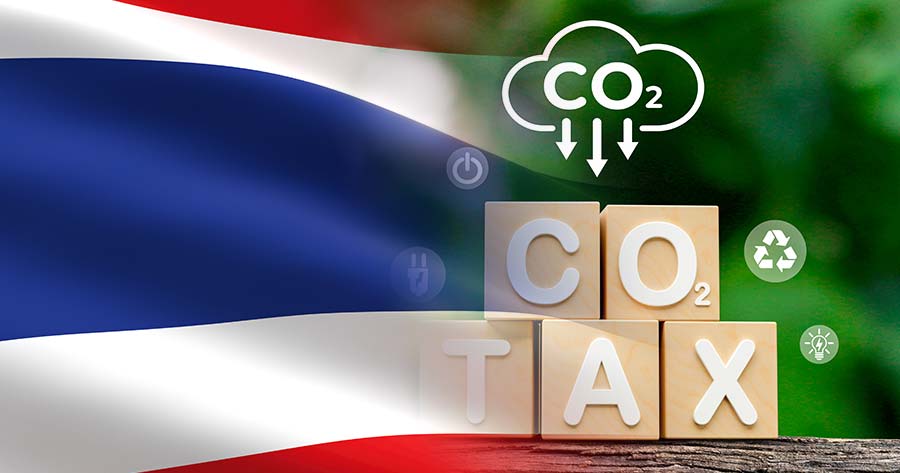The Thai government has revealed its plan to introduce a carbon tax by 2025 as part of its strategic initiatives to combat climate change and advocate for sustainable behaviors.
Excise Department Director-General Ekniti Nitithanprapas emphasized that the implementation of the carbon tax will adhere to international benchmarks and industry-leading practices.
Ekniti disclosed that the carbon tax scheme will focus on taxing emissions at the point of origin, commencing with oil products, and will be fixed at a rate of 200 baht per metric tonne.
Thailand is the second country in the ASEAN region in implementing this taxation system after Singapore, marking a significant step towards fortifying its dedication to environmental preservation and sustainable advancements.
This carbon tax will be seamlessly integrated into the prevailing oil tax framework to ensure a seamless transition that does not impact government revenues.
The Excise Department has reaffirmed that the carbon tax is designed to foster a reduction in carbon emissions and encourage the adoption of eco-conscious practices.
Concurrently, the government has taken strides to facilitate the proliferation of electric vehicles (EVs), with a notable surge of 685% in EV sales in 2024.
Furthermore, the department is contemplating variances in battery tax rates, with intentions to decrease the tax rate for recycling, aiming to motivate enterprises to embrace sustainable methodologies and foster a circular economy.





